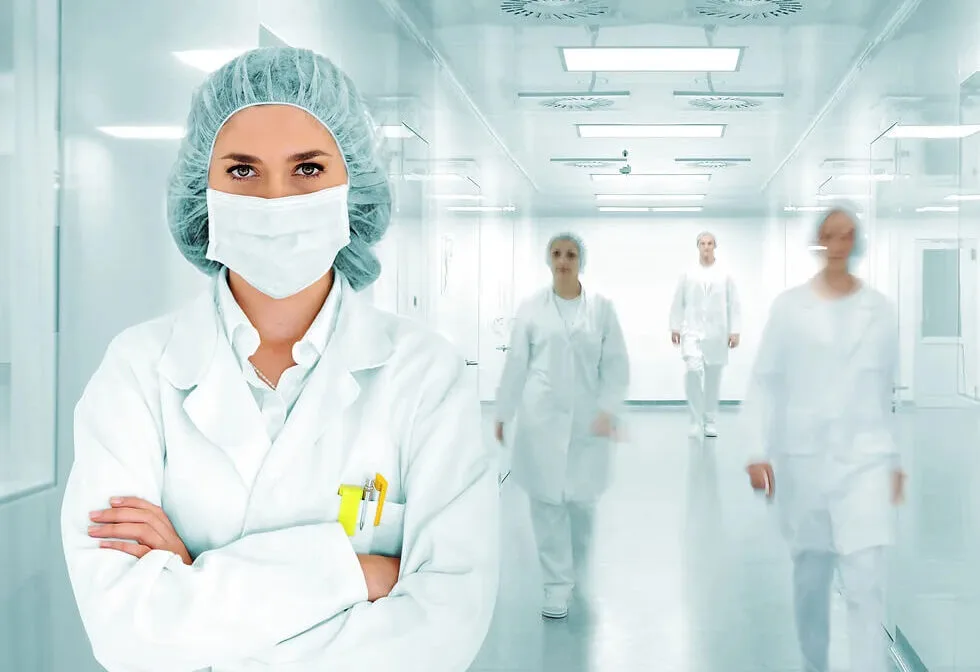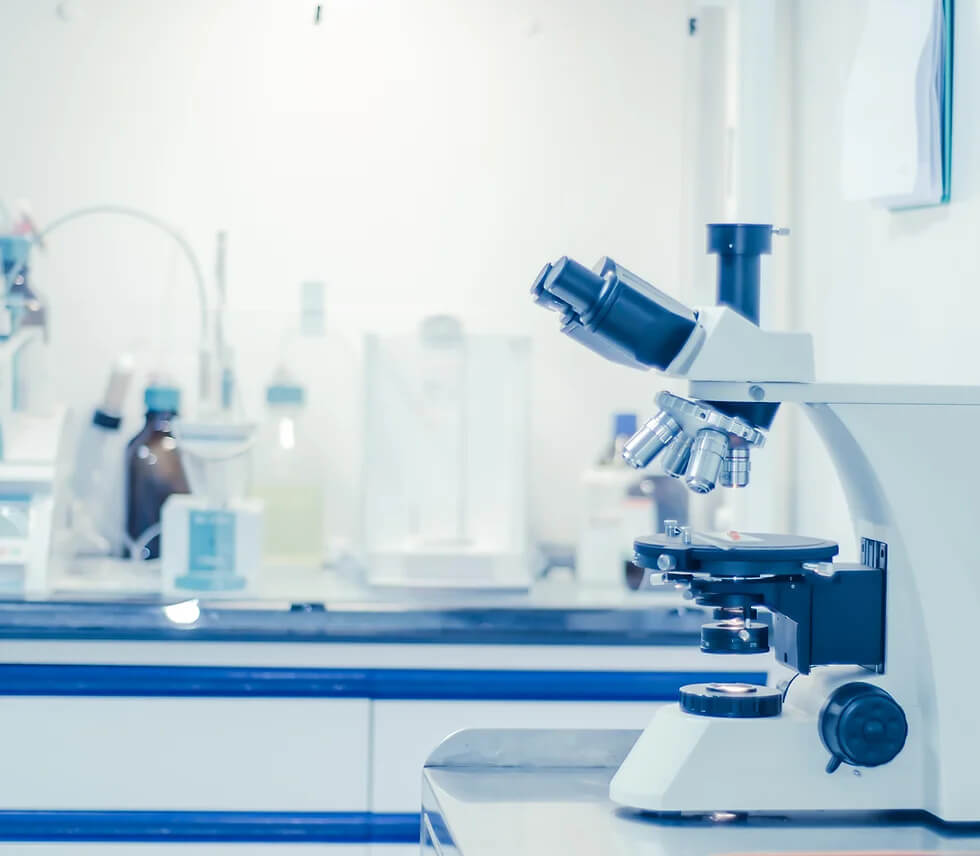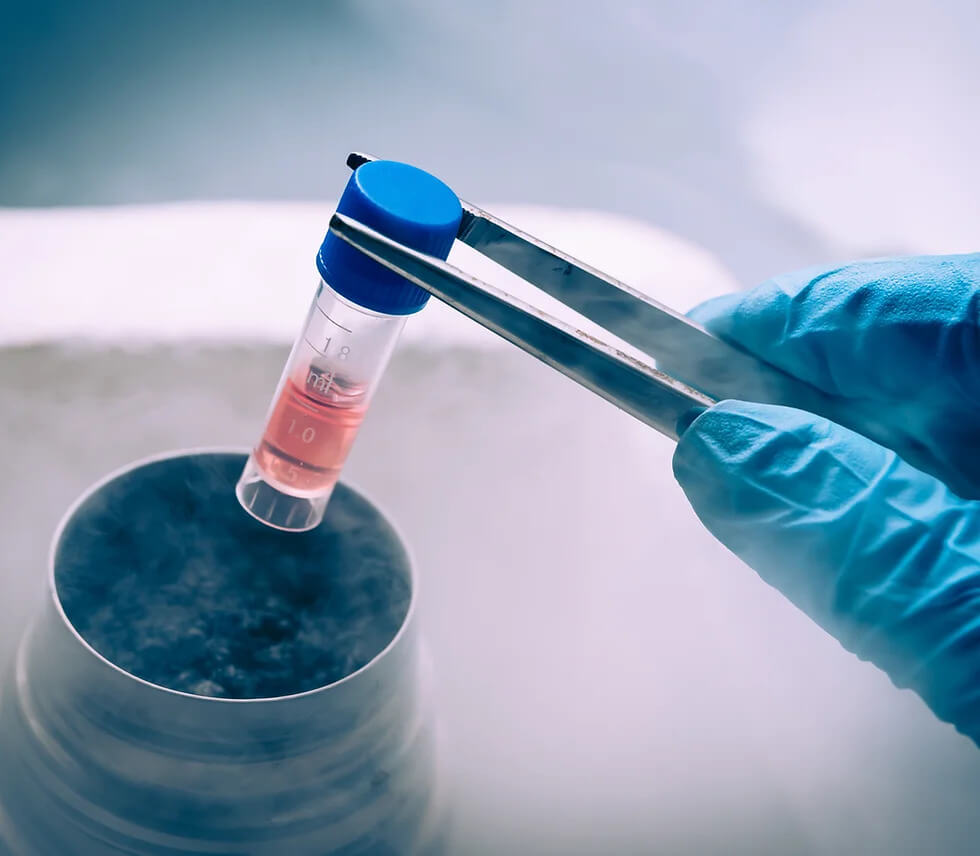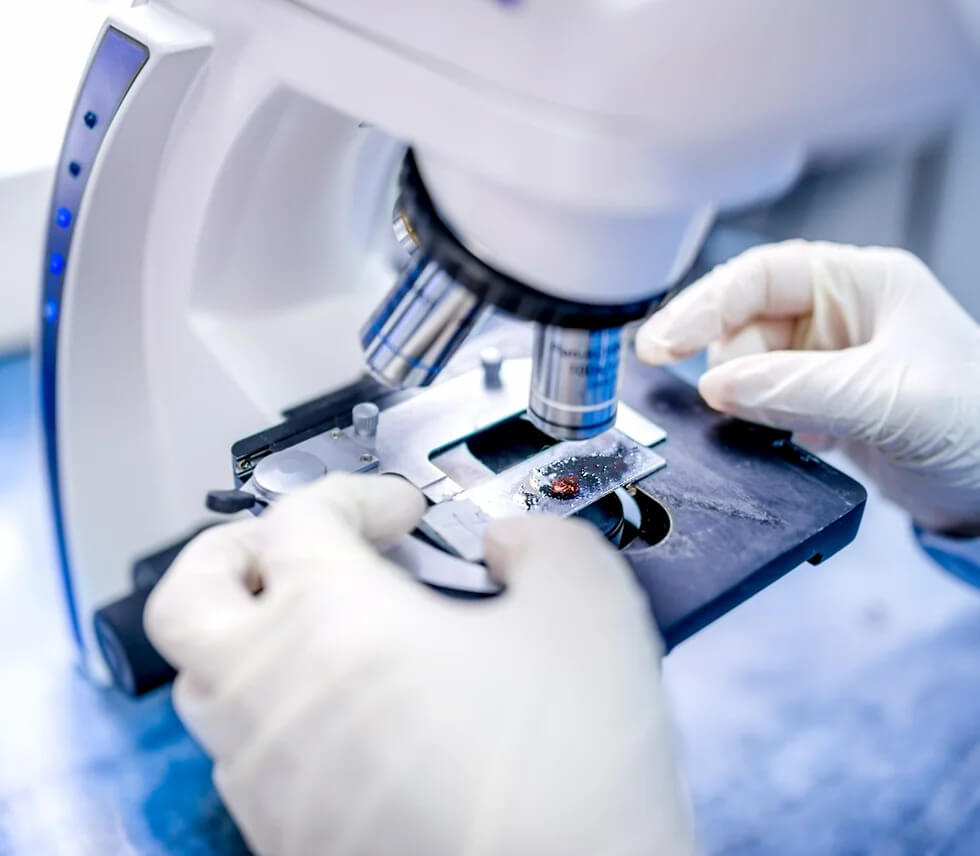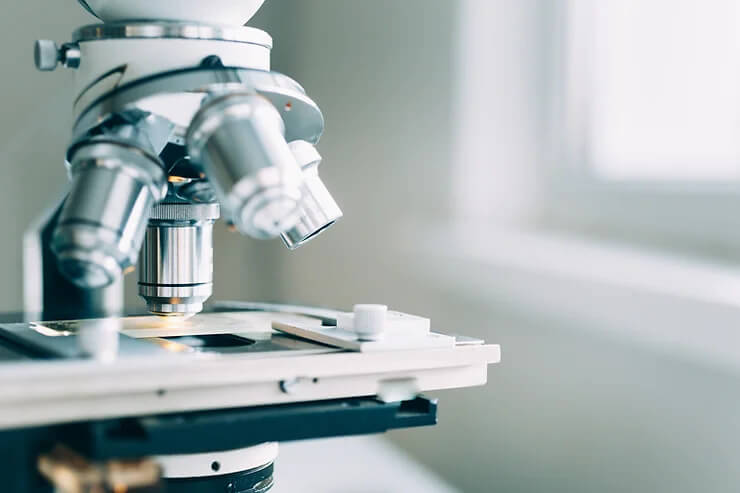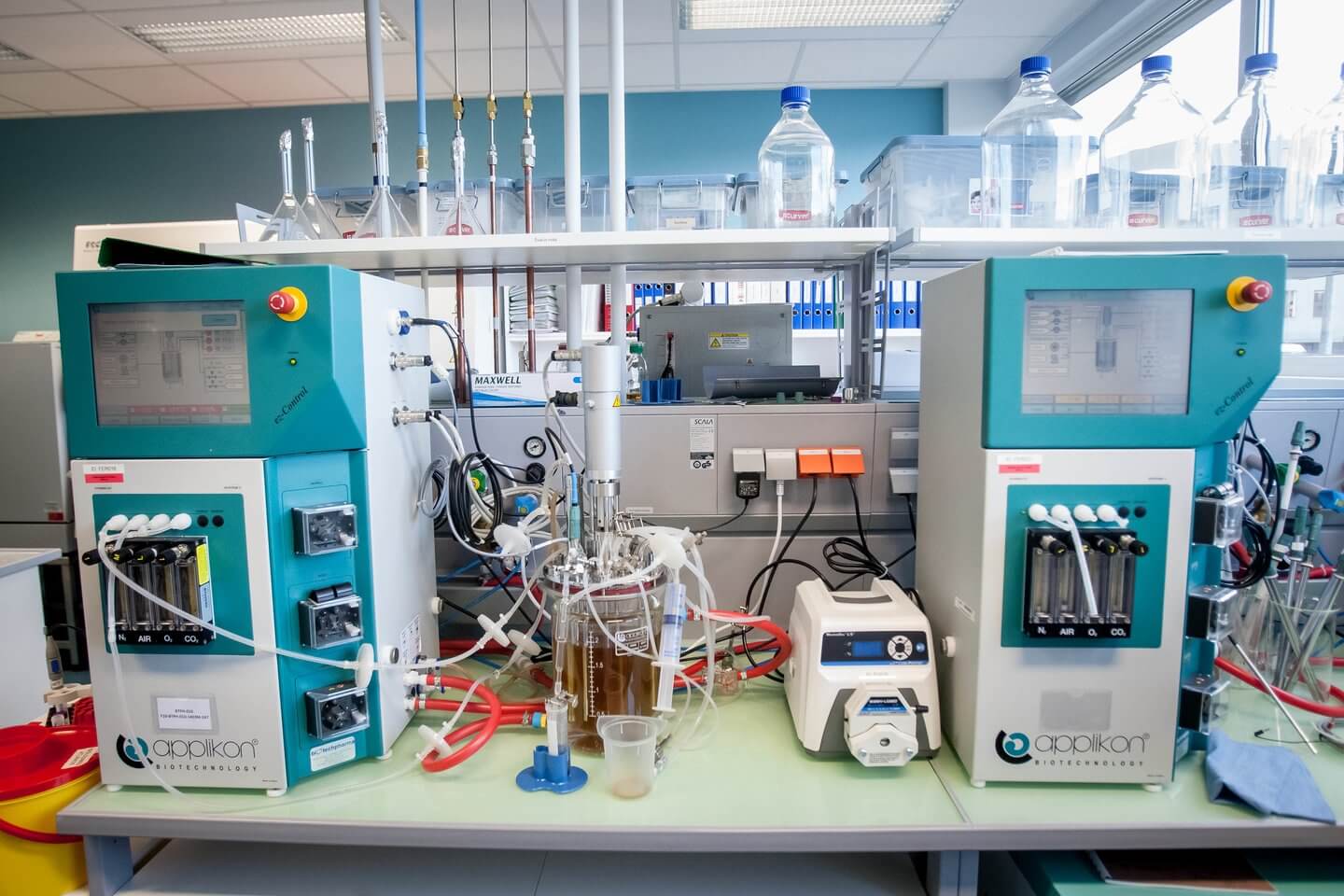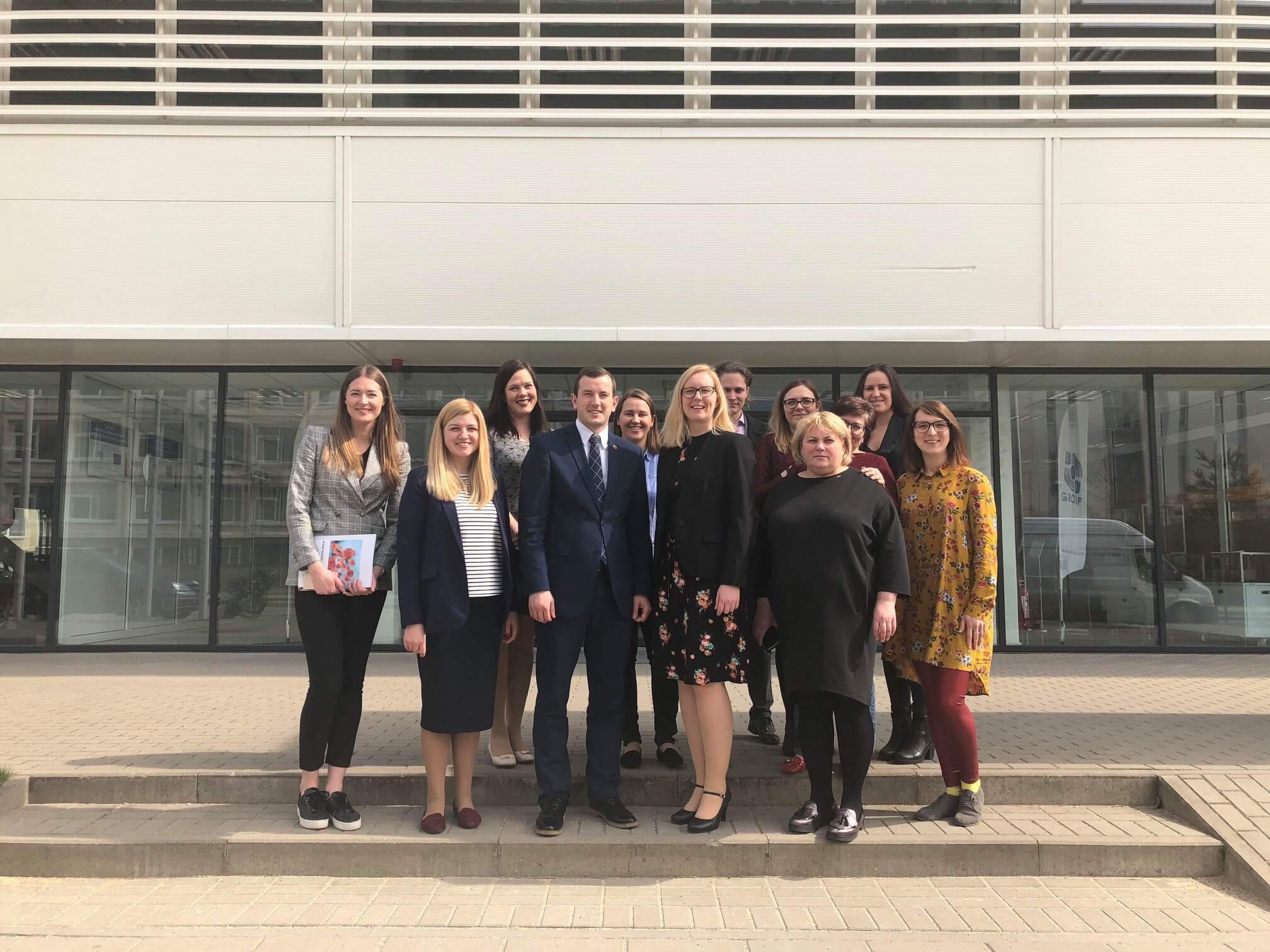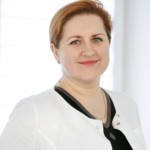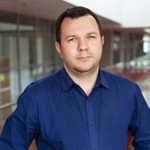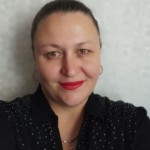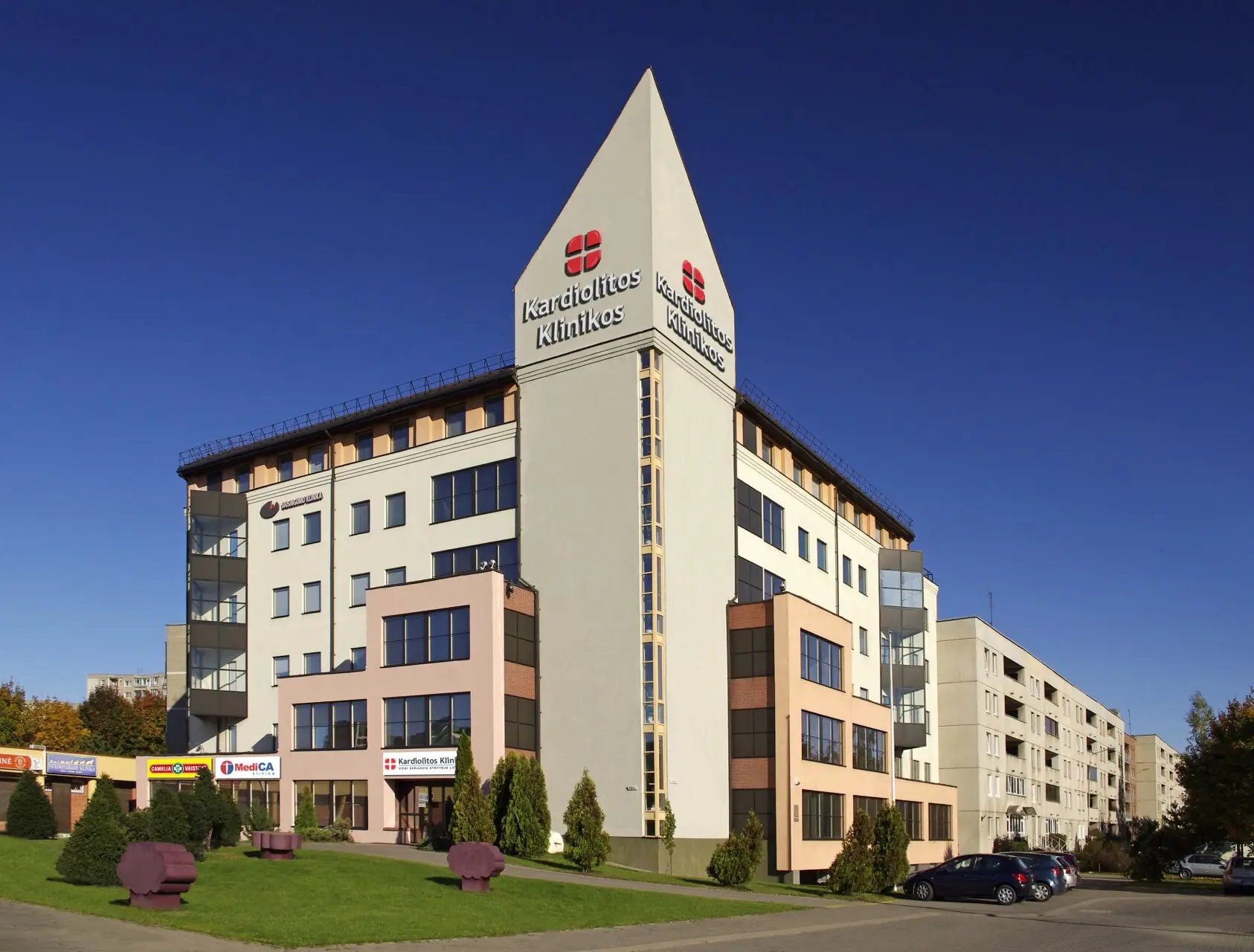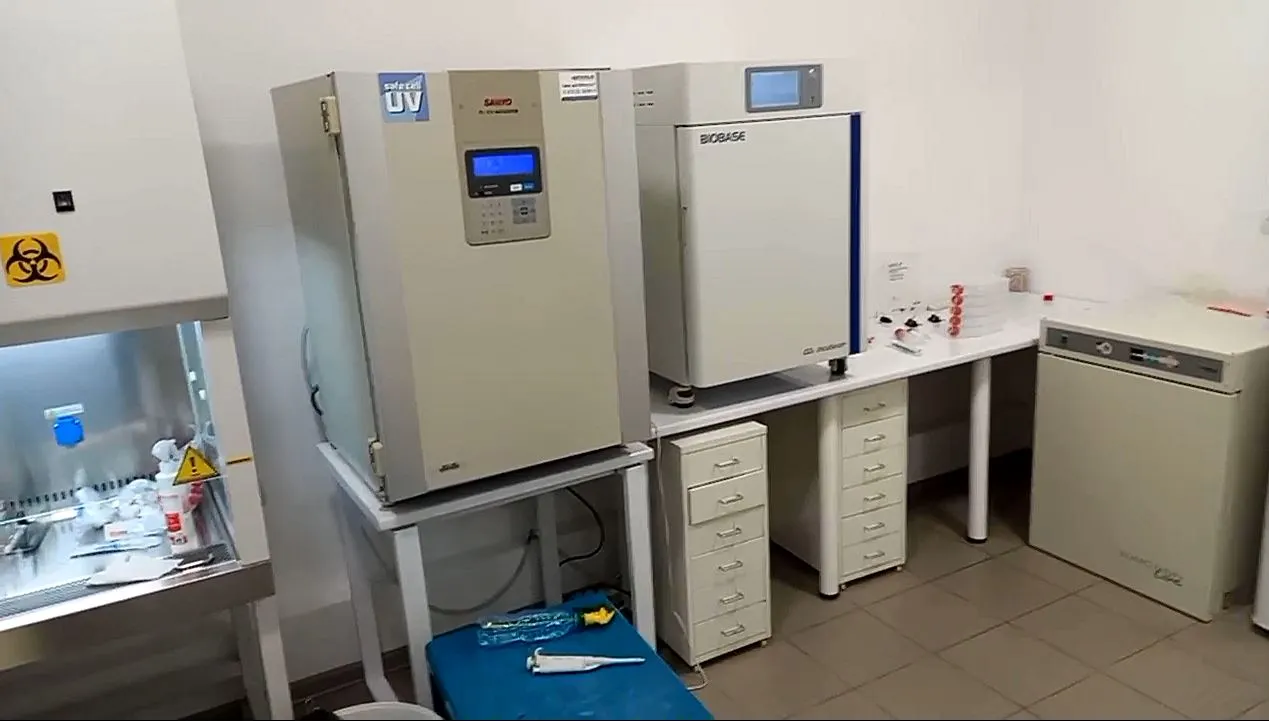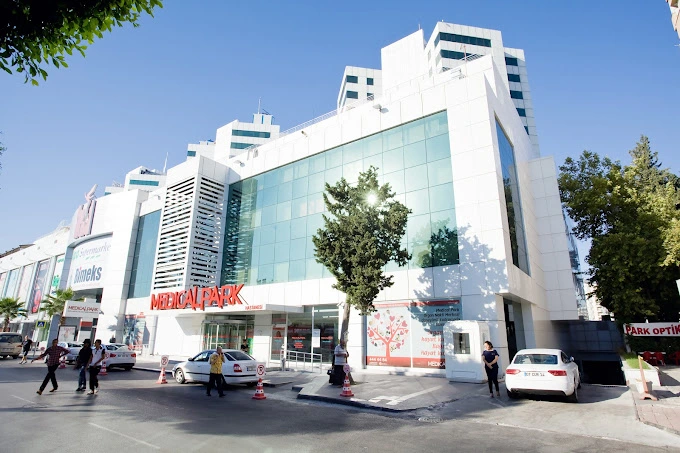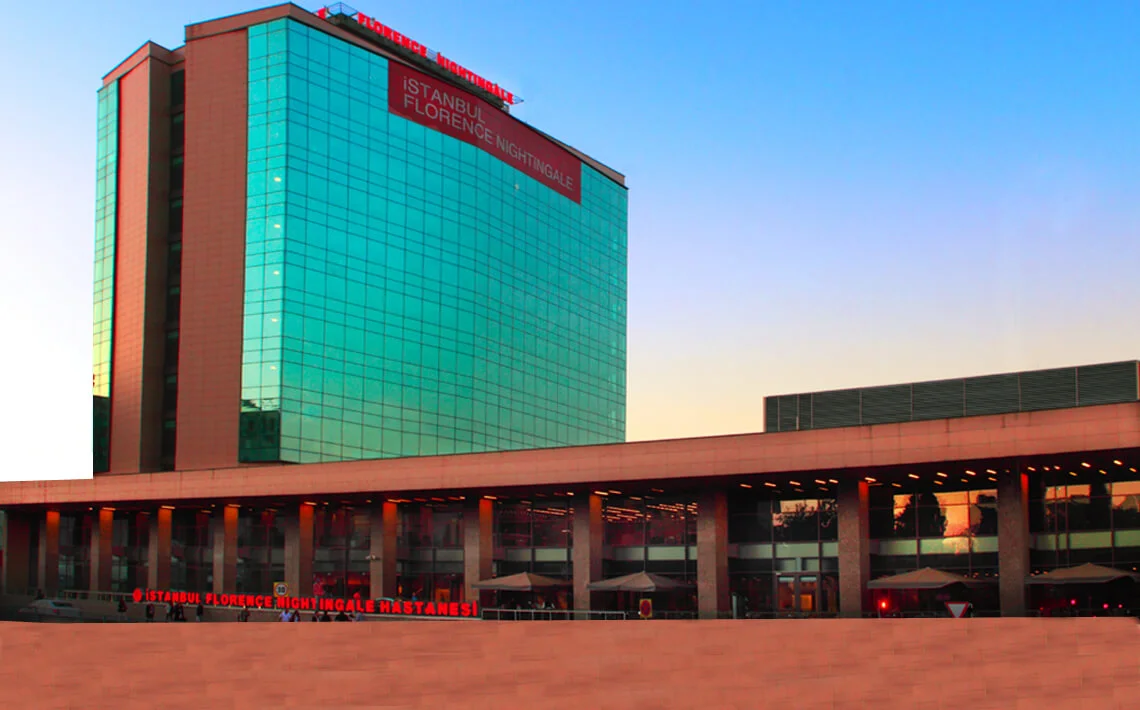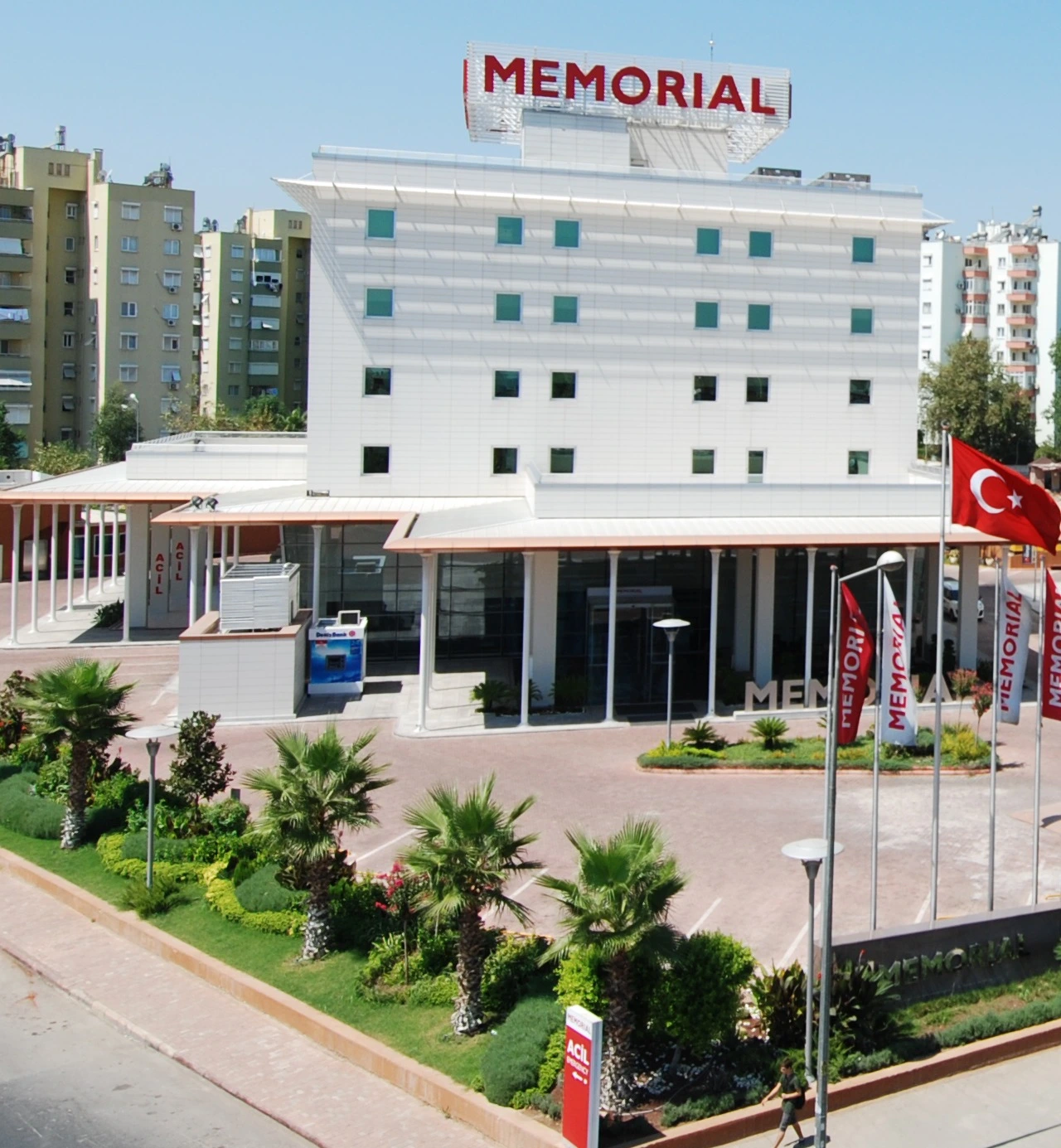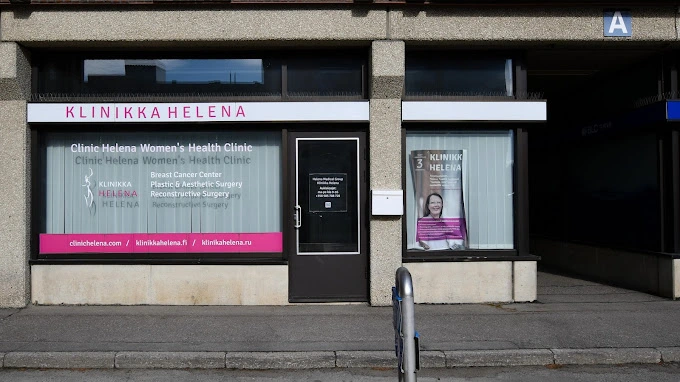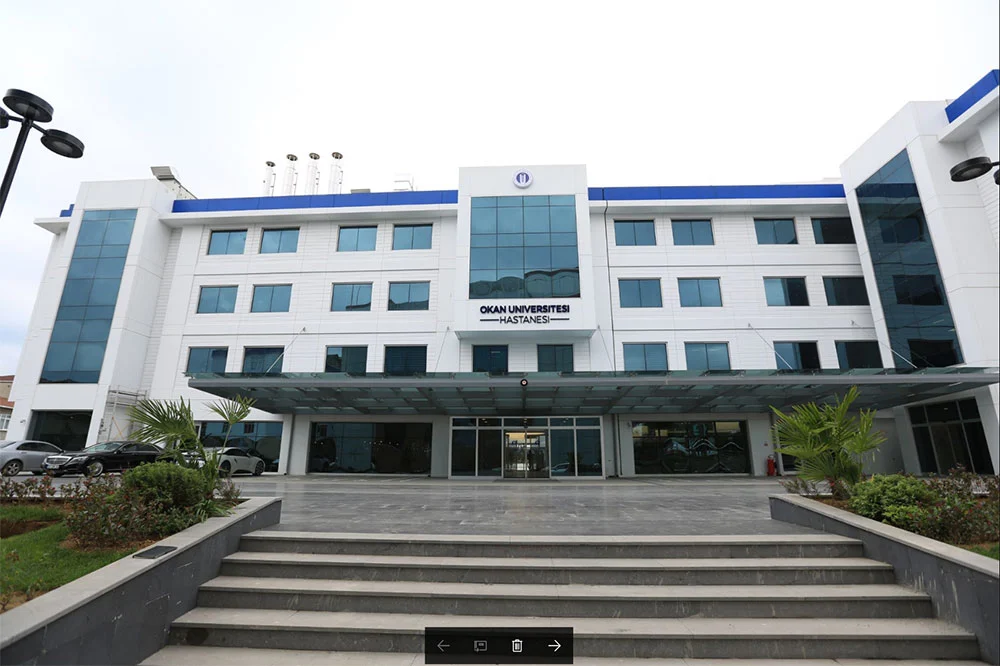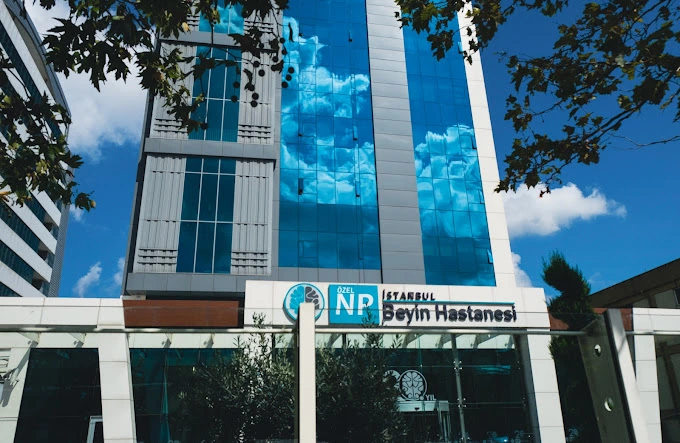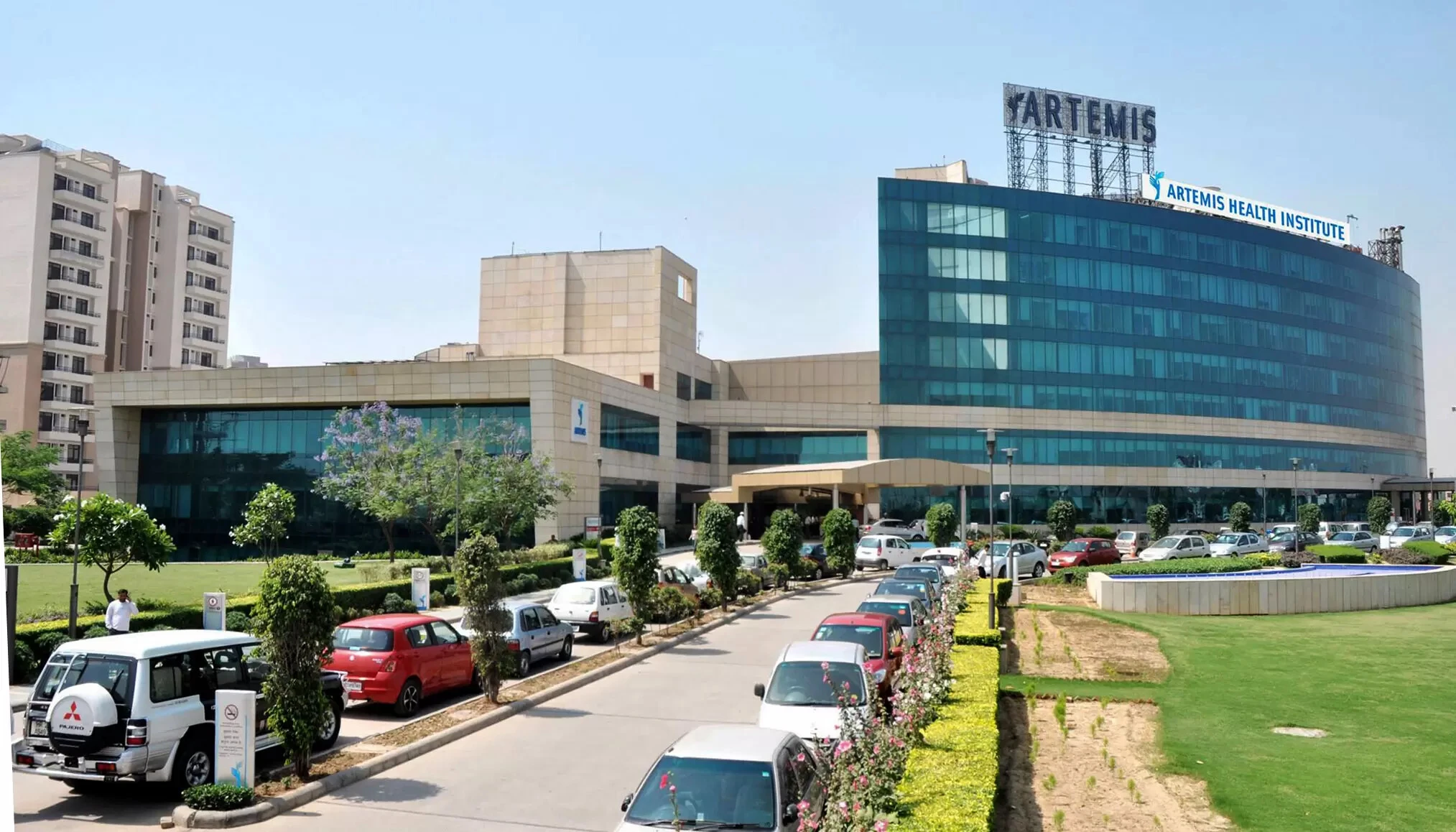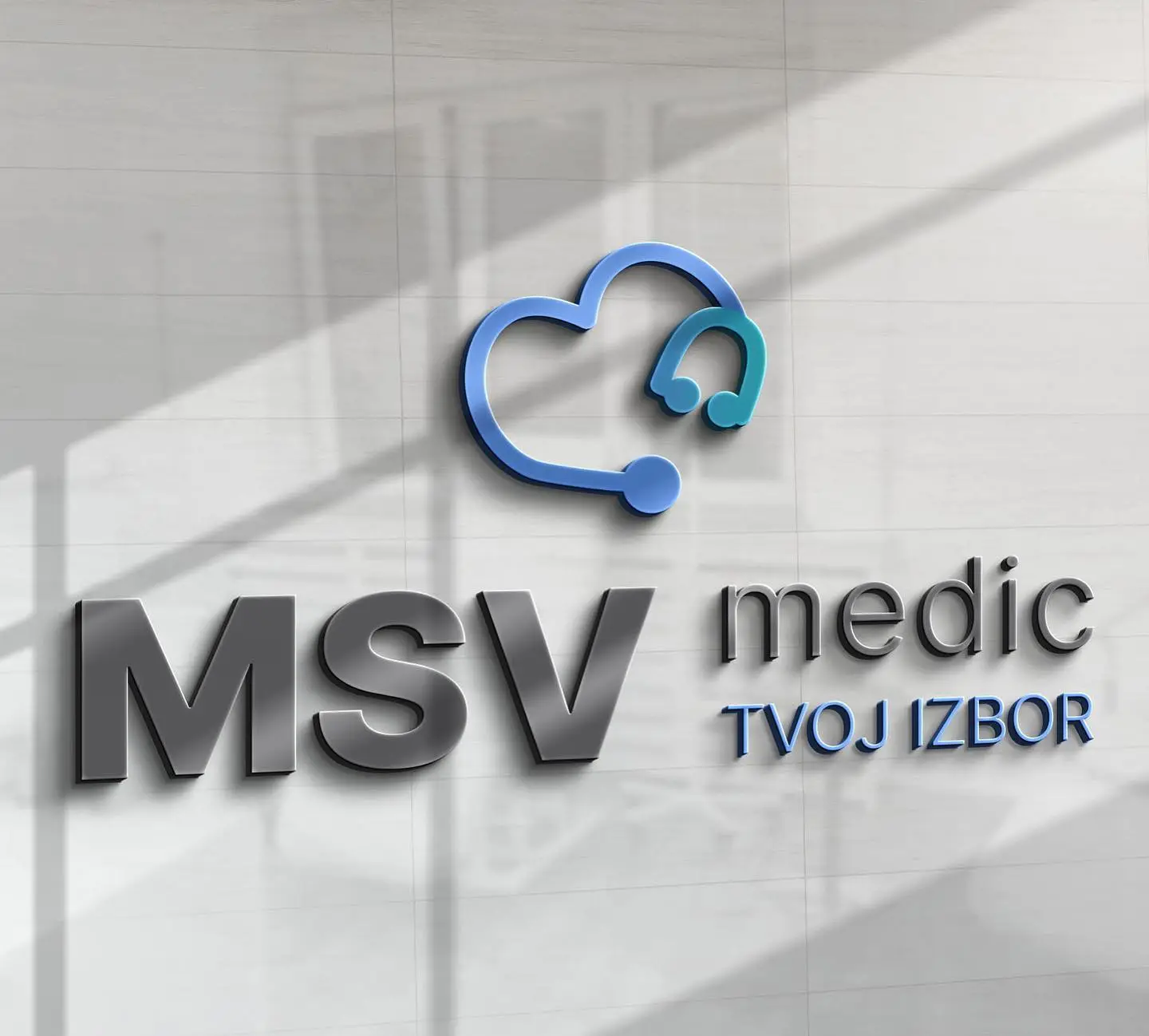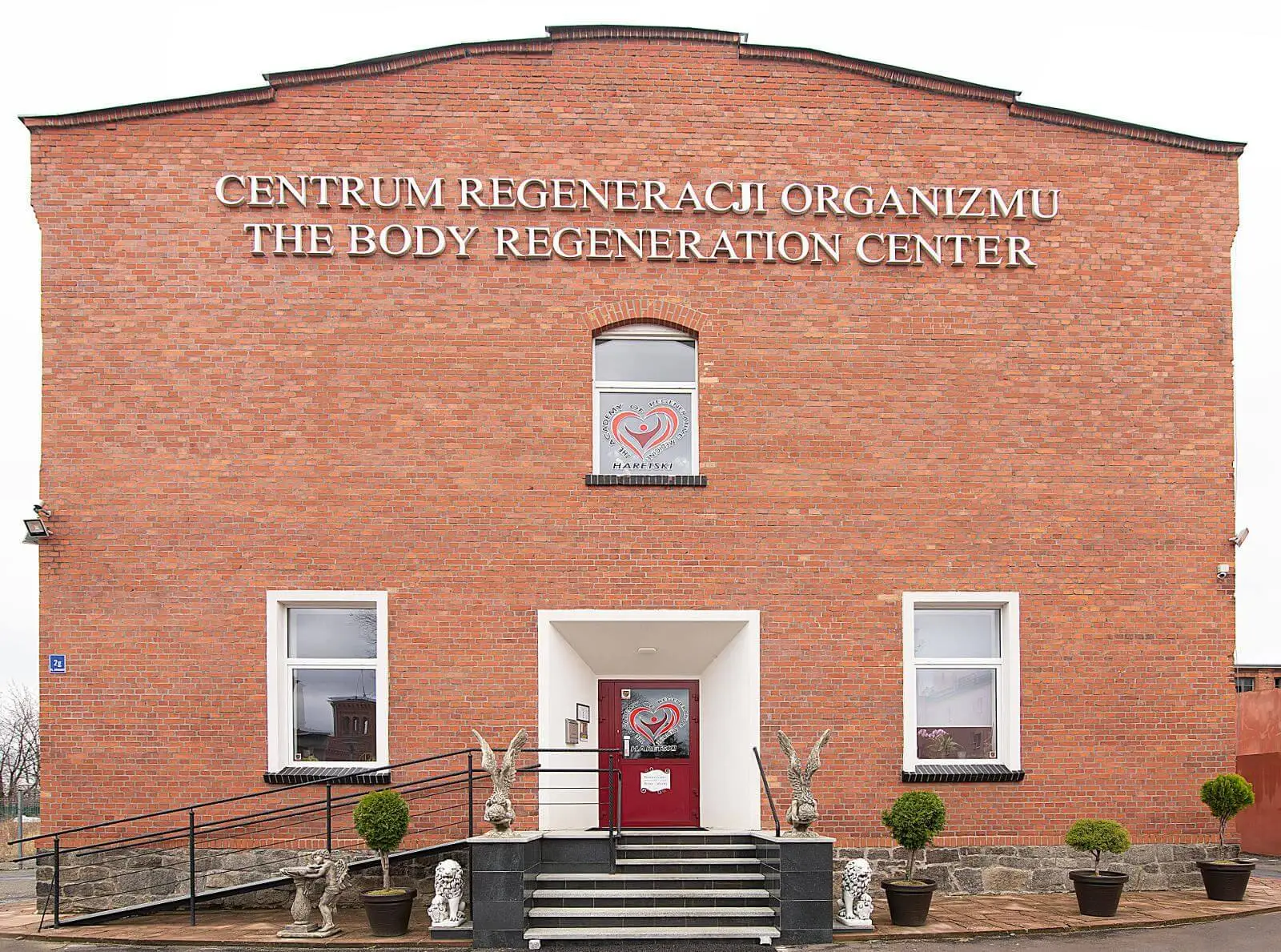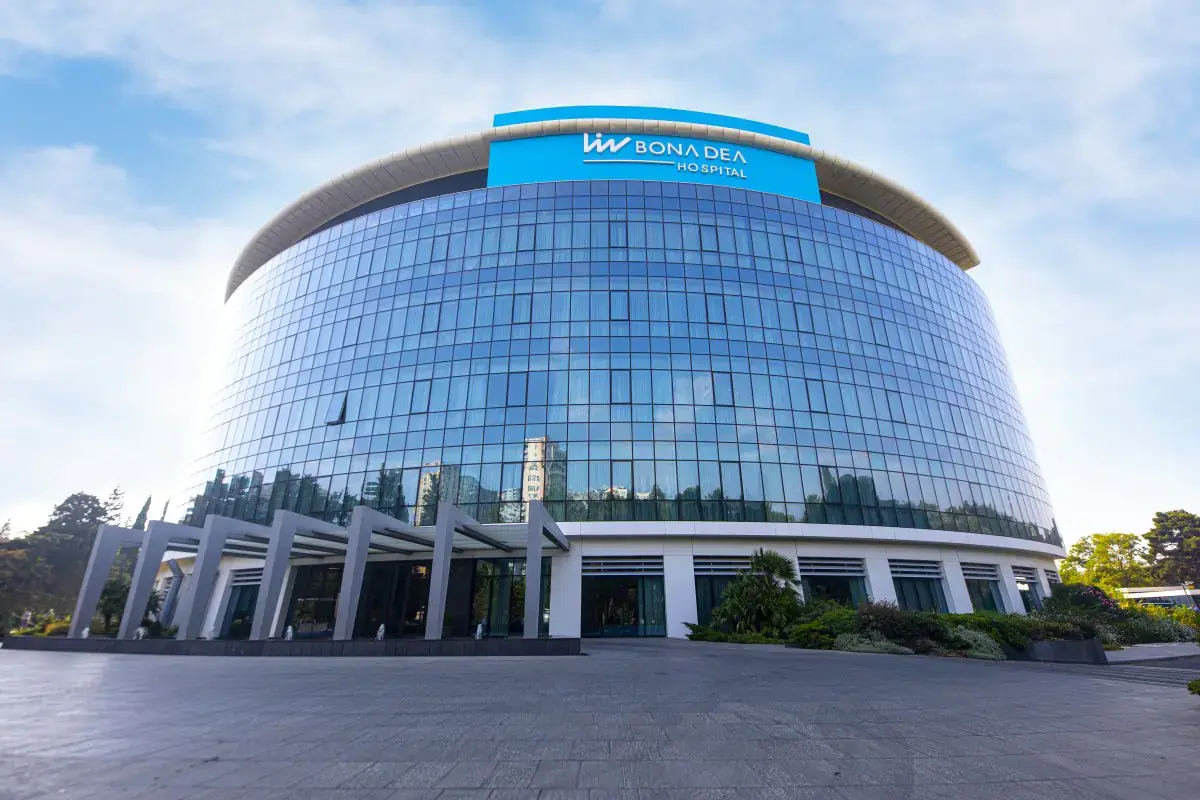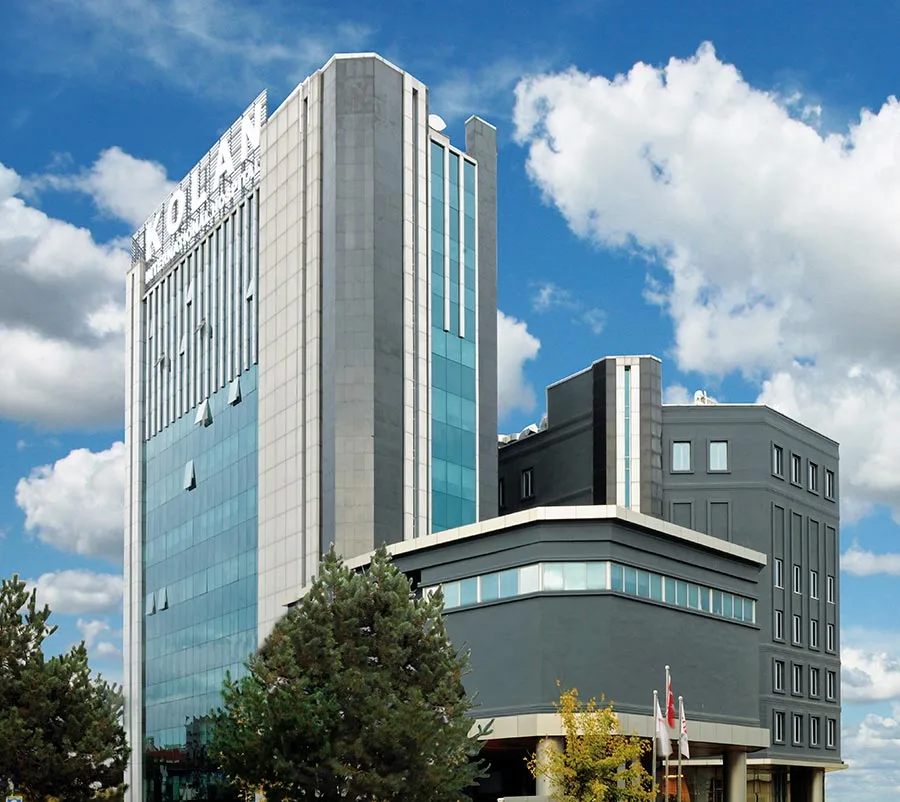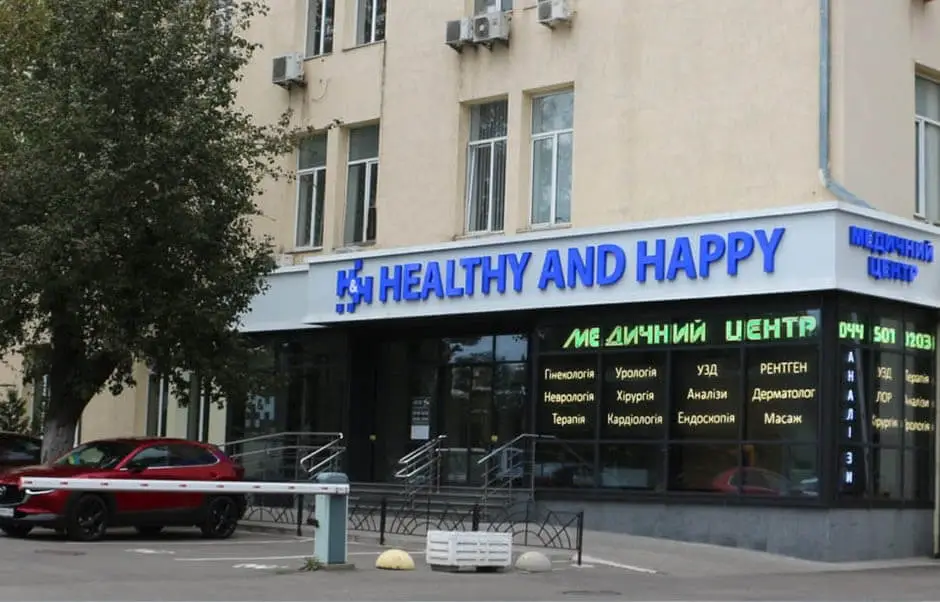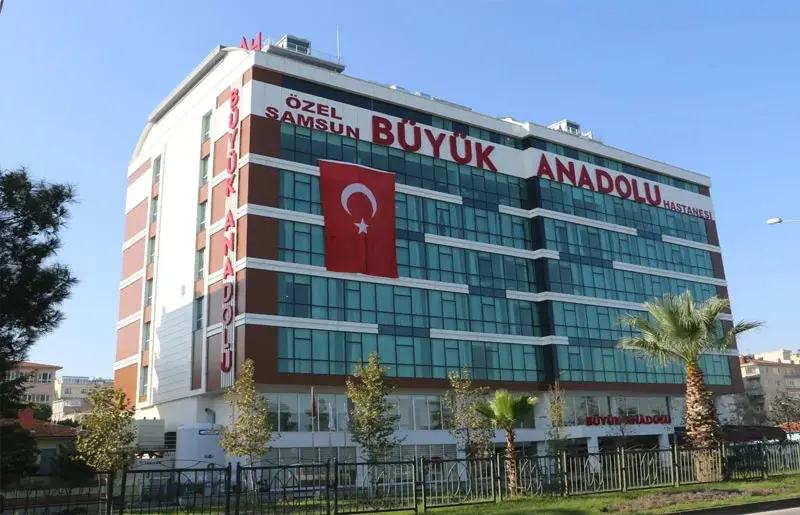About Froceth Company
The company started its business in 2014, combining the knowledge and many years of experience of qualified biomedical doctors, molecular biologists and biotechnologists. In the same year, the only adipose tissue bank in Lithuania was established for the processing, storage and cultivation of cells of the stromal-vascular fraction from adipose tissue. Its uniqueness also lies in the fact that all processes are carried out in rooms equipped in accordance with the GMP standard.
The Froceth patented technology for extracting cells from adipose tissue has a huge regenerative potential and the ability to restore the functions of damaged tissues. The cells obtained with its help can be used even 20 years after their manufacture.
The Froceth laboratory unit is housed in facilities that comply with the requirements of the international organization for standardization ISO (section 14644). The company’s biotechnologists have at their disposal the most modern equipment for the production, processing, propagation, evaluation and storage of cells, as well as cell preparations.
The biotechnology company Froceth constantly invests in research and development of new drugs in order to promote and expand personalized therapy in Lithuania. The results of all scientific research conducted by scientists are officially published in peer-reviewed journals. Froceth actively cooperates with biotechnology companies, tissue banks, universities and other scientific institutions around the world.
Main activities
Cancer Immunotherapy: Creation of Cancer Vaccines
In cancer, the immune system is unable to control the growth of tumor cells. Immunotherapy modulates its activity and restores normal functioning.
Specific active immunotherapy with dendritic cell vaccines (DCV) is an innovative way to treat cancer. It aims to reprogram the antitumor immune response from a state that accepts cancer (tolerogenic) to a state that destroys tumor cells (immunogenic). DCV does not directly affect cancer. Instead, the therapeutic effect is based on “training” the immune system to recognize and destroy cancer cells in the body.
What is the DCV cancer vaccine made of?
The active ingredients in this vaccine are dendritic cells. They are designed to activate the patient’s immune system and restore the body’s ability to control the activity of cancer cells.
Dendritic cell vaccine (DCV) immunotherapy is a personalized cancer therapy. The possibility of treatment is determined on an individual basis, taking into account many factors, the main ones being the general health of the patient, the presence of comorbidities, the type and stage of cancer, and the type of standard treatment strategy used.
How is a dendritic cell vaccine made?
Dendritic cells are isolated from the patient’s blood, loaded with tumor antigens, and cultured in the Froceth laboratory. Upon subsequent introduction into the patient’s bloodstream, the modified cells induce an immune response to the malignant process. The vaccine does not directly affect the cancer. Instead, it “teaches” the immune system to recognize and attack cancer cells.
What is cytokine-induced killer cell (CIK) cancer immunotherapy?
This is one of the types of passive immunotherapy. Unlike active dendritic vaccine immunotherapy, CIKs are able to directly bind to and kill cancer cells. Numerous clinical trials have shown that CIK cells can help prevent the recurrence of the disease, halt its progression, and increase overall survival while improving the quality of life of cancer patients.
The basis of CIK are CD3+/CD56+ cells, rarely found in uncultured peripheral blood. They have the following characteristics:
- high rate of proliferation (self-reproduction);
- powerful anti-cancer effect due to the dual functional action of T-cells and NK-cells;
- low cytotoxicity towards healthy cells;
- ability to have a specific effect on cancer cells.
How does CIK immunotherapy work?
This is a passive immunotherapy method. Once in the patient’s body, CIK (killer cells) immediately go to the site of the tumor and begin to attack the cancer cells. CIKs act instantly, they do not need the help of the patient’s own immune system. This is especially important for patients whose condition is so weakened that their body is no longer able to independently respond to the disease.
Can dendritic vaccine therapy and CIK treatment be combined?
Passive immunotherapy methods such as CIK or monoclonal antibodies are ideally compatible with active immunotherapy, which aims to mobilize the patient’s immune system. This combination allows combining the speed of passive therapy and the long-term effectiveness of active therapy.
An excellent example of the combination of these methods is the combination of CIK therapy and dendritic cell treatment. These methods of treatment have a completely different principle of action, but at the same time they allow to cause a pronounced and complex response of the body to the malignant process.
It is already known that chemotherapy can increase the sensitivity of the tumor to immunotherapy and radiation therapy, and vice versa. Based on these data, the concept of chemoimmunotherapy is becoming more widespread in oncology, according to which immunotherapy, chemotherapy and targeted therapy are not able to effectively cope with cancer, therefore, a rational combination of these methods is needed.
How is cancer immunotherapy performed?
Cancer immunotherapy is carried out in a hospital or clinic that treats the patient. Froceth laboratory manufactures and distributes a certified drug (drugs) to a medical institution for its use as prescribed by a doctor. The doctor develops a treatment plan for the patient, appropriately combining dendritic cell preparations and/or cytokine-induced killer cells with standard cancer therapy. DCV and CIK preparations are intended for autologous and allogeneic use.
Tissue regeneration with stem cells
Adipose tissue performs much more functions in the human body than simple energy storage. It contains a mixture of cells called the stromal vascular fraction (SVF). The most important components of SVF are mesenchymal stem cells. They are able to differentiate into various other types of cells that make up cartilage, bone, muscle, and other tissue types.
In the treatment of SVF, cell preparations are used, which are developed individually for each patient. They are able to restore the function of various types of tissues. Using innovative biotechnological methods, Froceth specialists extract sterile SVF from the patient’s adipose tissue. The doctor can then inject it into problem areas of the body to stimulate the regeneration of target tissues.
SVF-based cell preparations can be used in aesthetic medicine for such purposes as restoring dehydrated, flabby, dull, aging skin, eliminating wrinkles and burns. They are also used in areas such as orthopedics and traumatology, for the treatment of arthritis, arthrosis, osteochondrosis, osteochondropathy, osteochondritis and enthesopathy.
Cell Therapy for Multiple Sclerosis
Multiple sclerosis (MS) is a disease characterized by damage to myelin (the insulating layer that covers the nerves). This type of tissue regenerates very slowly in the central nervous system. However, the human body does not leave “empty” spaces, but fills them with fibrous (scar) tissue that does not have insulating properties. As a result, there is a violation of the transmission of nerve impulses.
People with multiple sclerosis begin to experience neurological symptoms that become more pronounced as the disease progresses. The more pronounced the disability, the less likely it is that the process of replacing myelin with fibrous tissue can be stopped or slowed down. Recently, scientists have focused their attention on the functioning of the immune system in patients with multiple sclerosis.
T cell drug (TCV) is an innovative treatment for this disease. This type of cell helps stop the immune system from responding to the insulating layer of myelin that covers the nerves. The drugs are created individually for each patient by taking from the blood of T-cells responsible for the progression of the disease.
The product stimulates the immune response against T-cells. Specifically, new T cells are introduced into the body that kill myelin-specific T cells. This technology has been used worldwide for more than 10 years to regulate the immune response in people with multiple sclerosis.
Therapy for multiple sclerosis is carried out exclusively on the prescription of a doctor in a medical institution where the patient is being treated.
If you are interested in the cellular treatment methods offered by Froceth in Lithuania, please call or fill out the feedback form. A MedTour consultant will contact you shortly and answer all your questions in detail.
Learn more about Biotechnology company Froceth cell preparations
